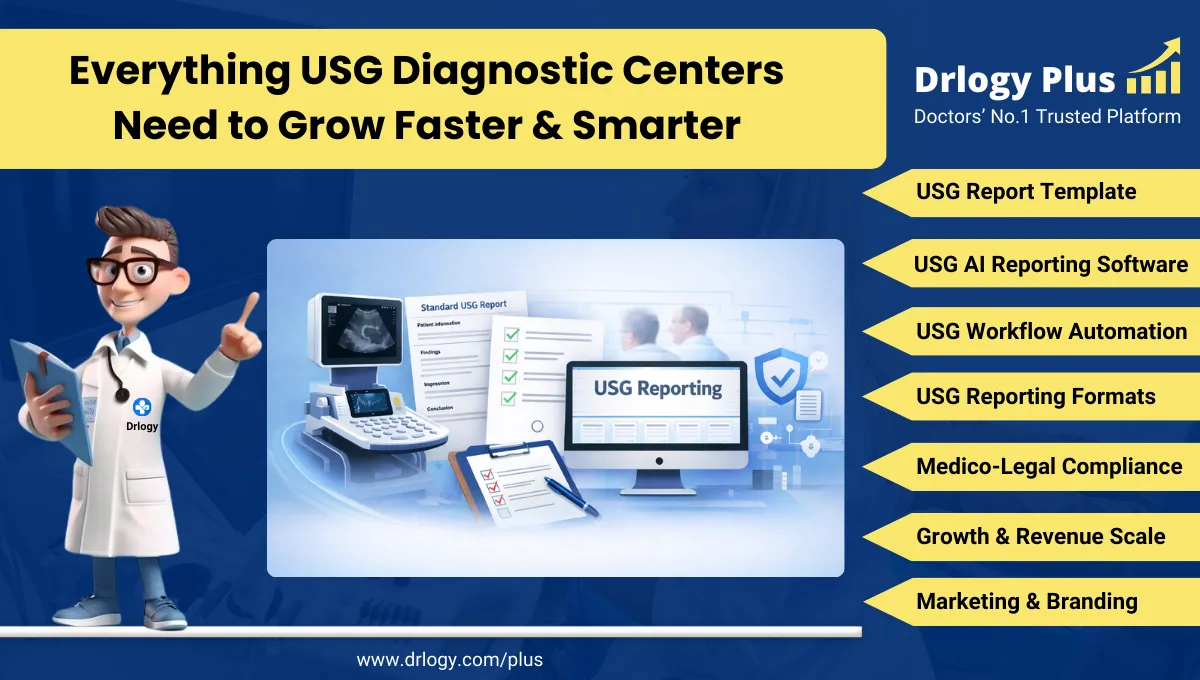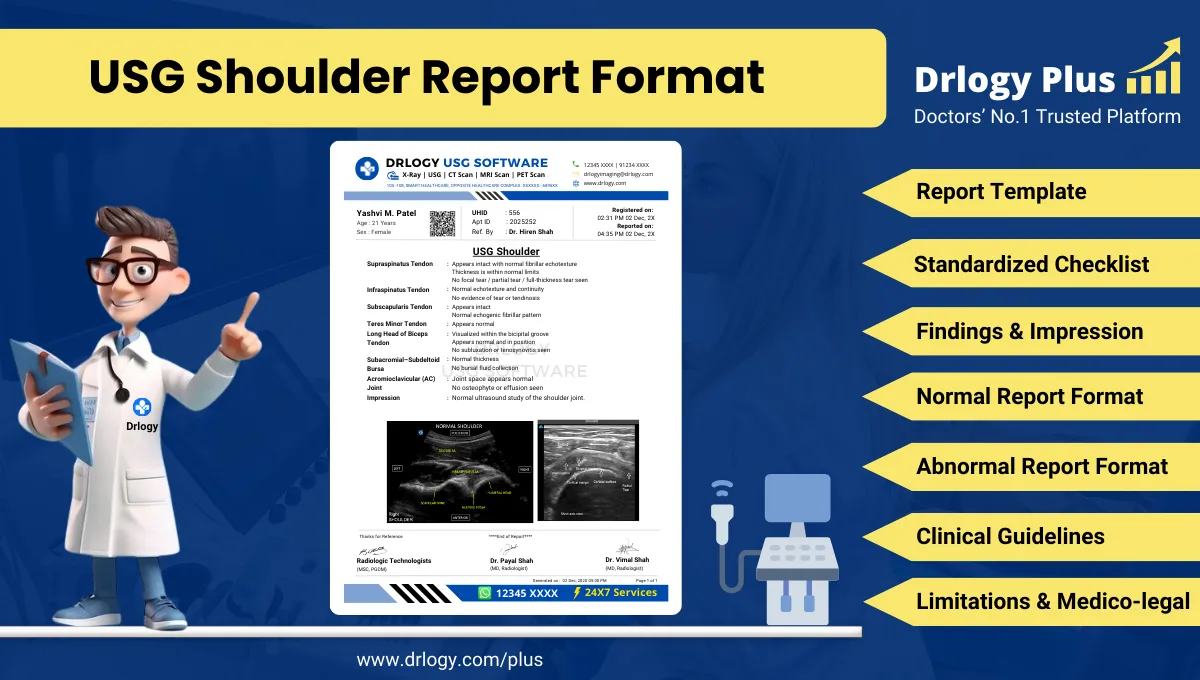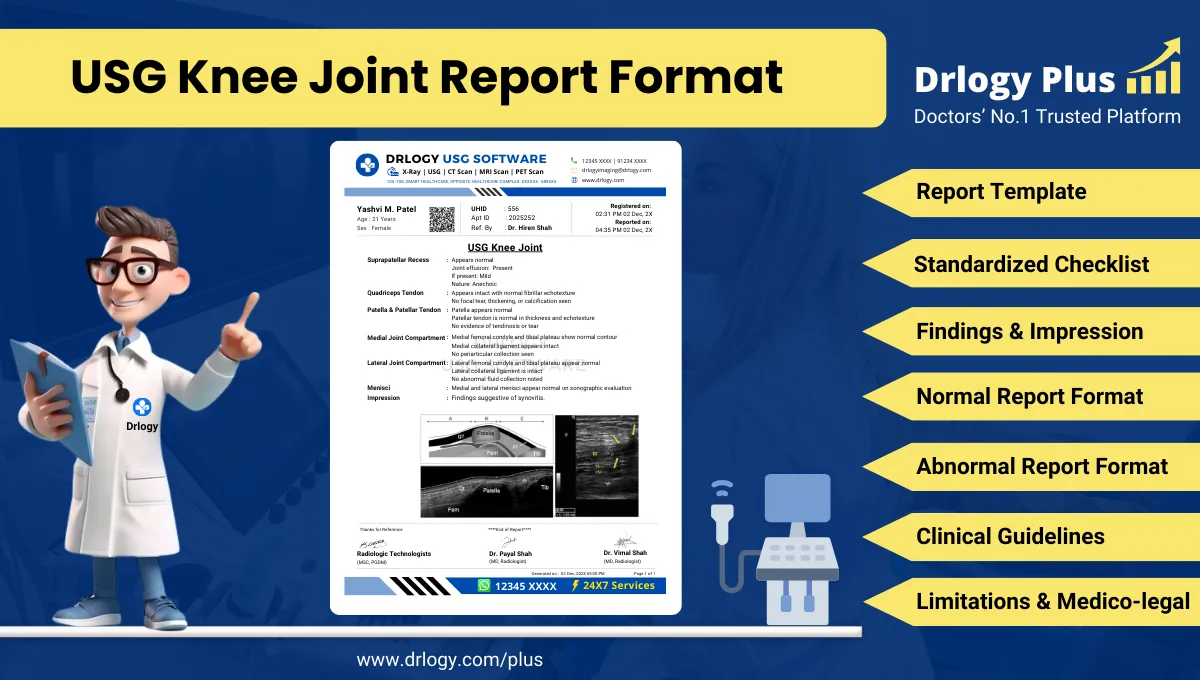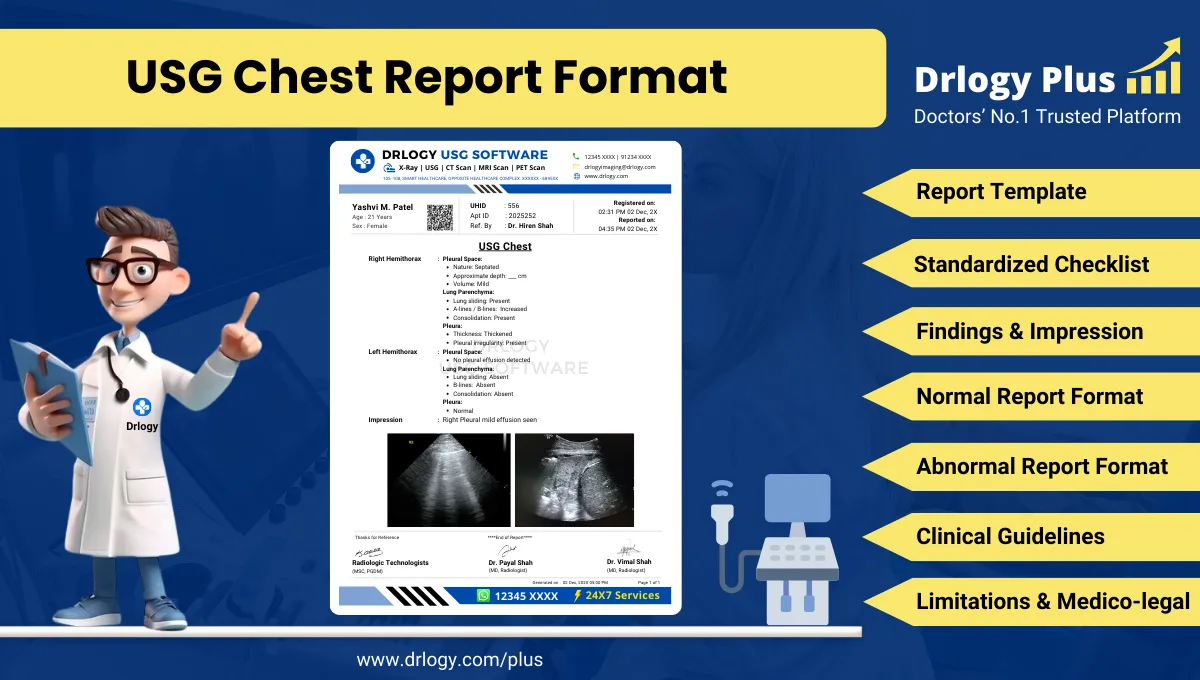
Drlogy
Healthcare organization
10 Best ROI and Budget Management For Hospital Management System
Effective ROI and budget management features are essential for hospitals to optimize financial resources, ensure fiscal responsibility, and support sustainable growth.
Do You Know?
- Hospital revenue leakage due to poor financial management practices can amount to millions of dollars annually.
- Hospitals that implement robust budget management strategies have been shown to achieve higher profitability and financial stability.
In this guide, Drlogy will provide insights into the best ROI and budget management features for Hospital Management Systems, enabling hospitals to maximize financial performance and achieve long-term sustainability.
Recommended
What is Budge and ROI in Hospital Management System
- Budget and ROI (Return on Investment) in Hospital Management Systems refer to the financial planning and analysis of investments made in implementing and maintaining such systems.
- It helps hospitals allocate resources efficiently, ensuring optimal utilization of funds for software implementation, training, maintenance, and upgrades.
- Monitoring ROI allows hospitals to assess the effectiveness of their investments in Hospital Management Systems, determining the impact on operational efficiency, patient outcomes, and overall financial performance. This insight enables informed decision-making and continuous improvement in healthcare delivery.
Budget Allocation For HMIS in Hospital Management System
Here are Budget Allocation For HMIS in Hospital Management System.
| Aspect | Small Hospital | Medium Hospital | Large Hospital |
|---|---|---|---|
| HMIS Annual Budget | 25k-50k | 50k-1 Lakh | 1-5 Lakh+ |
| No of Beds | Less than 50 | 50 - 100 | 100+ |
| Expected ROI | |||
| Efficiency Improvement | 10x | 20x | 40x |
| Revenue Increase | 5x | 10x | 20x |
| Cost Savings | 2x | 4x | 8x |
Note: The ROI figures are estimated multiples of improvement based on efficiency, location, revenue increase, and cost savings over a certain period, compared to pre-HMIS implementation.
10 Reasons Why ROI & Budget Management Must For Hospital Management System
Here are 10 Reasons Why ROI & Budget Management Must For Hospital Management System.

1. Effective Financial Planning
- Proper ROI and budget management enable hospitals to develop effective financial plans and allocate resources efficiently.
- Hospitals can analyze their financial performance,entify areas for improvement, and make informed decisions to optimize budget allocation..
- Integration with budgeting modules enables hospitals to set financial goals, monitor expenditures, and adjust budgets as needed.
Drlogy HMIS supports effective financial planning by providing real-time insights into financial performance and facilitating strategic decision-making.
2. Cost Reduction Opportunities
- ROI and budget management help hospitalsentify cost reduction opportunities and streamline operational expenses.
- Hospitals can analyze spending patterns,entify inefficiencies, and implement cost-saving initiatives to optimize their budgets.
- Integration with procurement systems allows hospitals to negotiate better deals with suppliers and reduce procurement costs.
Drlogy HMIS facilitates cost reduction efforts by providing visibility into spending trends and enabling proactive cost management strategies.
3. Enhanced Revenue Generation
- Effective ROI and budget management contribute to enhanced revenue generation by optimizing resource utilization and maximizing returns on investment.
- Hospitals canentify revenue-generating opportunities, invest in profitable ventures, and diversify revenue streams to increase profitability.
- Integration with revenue cycle management systems allows hospitals to streamline billing processes, reduce revenue leakage, and accelerate cash flow.
Drlogy HMIS supports enhanced revenue generation by providing insights into revenue trends,entifying growth opportunities, and optimizing revenue-generating activities.
4. Improved Financial Transparency
- ROI and budget management promote financial transparency by providing stakeholders with visibility into financial performance and accountability for budgetary decisions.
- Hospitals can track expenses, monitor budget variances, and ensure compliance with financial regulations and reporting standards.
- Integration with accounting systems ensures accurate and transparent financial reporting, reducing the risk of errors and discrepancies.
Drlogy HMIS enhances financial transparency by providing real-time access to financial data, enabling stakeholders to make informed decisions and foster trust in hospital management.
5. Compliance with Financial Regulations
- Effective ROI and budget management help hospitals comply with financial regulations and reporting requirements, reducing the risk of penalties and fines.
- Hospitals can ensure accuracy, integrity, and transparency in financial reporting, adhering to regulatory standards and guidelines.
- Integration with regulatory compliance systems allows hospitals to automate compliance checks, monitor changes in financial regulations, and implement necessary controls.
Drlogy HMIS supports compliance with financial regulations by providing comprehensive financial management features and ensuring data integrity and security.
6. Seamless Financial Decision-Making
- Effective ROI and budget management facilitate seamless financial decision-making by providing accurate and timely financial data.
- Hospitals can analyze financial metrics, assess the impact of decisions on budgets and ROI, and make informed choices to achieve financial goals.
- Integration with predictive analytics models enables hospitals to forecast financial outcomes and make proactive decisions to optimize ROI.
Drlogy HMIS supports seamless financial decision-making by providing actionable insights and empowering stakeholders to navigate complex financial landscapes effectively.
7. Efficient Resource Allocation
- ROI and budget management enable hospitals to allocate resources efficiently, ensuring that funds are allocated to priority areas and initiatives.
- Hospitals can align budget allocations with strategic priorities, patient needs, and organizational goals to maximize resource utilization.
- Integration with performance management systems allows hospitals to monitor resource utilization and adjust allocations based on performance metrics.
Drlogy HMIS supports efficient resource allocation by providing visibility into resource usage, enabling proactive adjustments, and optimizing budget allocations for maximum impact.
8. Enhanced Financial Accountability
- Effective ROI and budget management promote enhanced financial accountability by establishing clear responsibilities and oversight mechanisms.
- Hospitals can assign accountability for budgetary decisions, monitor spending, and track outcomes to ensure responsible financial management.
- Integration with governance frameworks allows hospitals to enforce compliance with financial policies, regulations, and internal controls.
Drlogy HMIS enhances financial accountability by providing tools and processes to enforce accountability, monitor financial activities, and mitigate financial risks.
9. Enhanced Cost Control Measures
- ROI and budget management enhance cost control measures byentifying cost-saving opportunities and implementing strategies to reduce expenses.
- Hospitals can analyze cost drivers,entify inefficiencies, and implement cost reduction initiatives to optimize spending.
- Integration with procurement systems enables hospitals to negotiate better pricing with suppliers and streamline procurement processes.
Drlogy HMIS enhances cost control measures by providing visibility into cost structures, facilitating cost-saving initiatives, and supporting continuous improvement efforts.
10. Streamlined Budget Monitoring
- ROI and budget management streamline budget monitoring processes by providing real-time visibility into budget performance and variances.
- Hospitals can monitor budget execution, track spending against allocated budgets, andentify deviations for timely corrective action.
- Integration with financial systems allows hospitals to reconcile budget data with actual expenditures, ensuring accuracy and reliability.
Drlogy HMIS streamlines budget monitoring by providing automated tools and real-time insights to facilitate proactive budget management and control.
10 ROI & Budget Management Benefits For Hospital Management System
Here are 10 ROI & Budget Management Benefits For Hospital Management System.
- Financial Visibility: Gain insight into healthcare expenditures and revenue streams, enabling informed financial decision-making and budget allocation.
- Resource Optimization:entify areas of overspending or underutilization, allowing for the reallocation of resources to improve operational efficiency.
- Cost Reduction: Implement cost-saving measures byentifying inefficiencies and streamlining processes, ultimately reducing overall healthcare expenditures.
- Revenue Maximization: Optimize revenue generation byentifying opportunities for increased patient throughput, service utilization, and reimbursement.
- Risk Management: Mitigate financial risks by proactivelyentifying and addressing budget variances, ensuring fiscal sustainability for the hospital.
- Compliance Assurance: Ensure compliance with financial regulations and reporting requirements, reducing the risk of penalties and legal liabilities.
- Performance Monitoring: Track key performance indicators (KPIs) related to financial metrics, allowing for ongoing performance evaluation and improvement initiatives.
- Data-Driven Decision-Making: Utilize data analytics to inform budgetary decisions, forecasting future financial trends and resource needs with greater accuracy.
- Stakeholder Communication: Enhance communication with stakeholders by providing transparent financial reporting and budgetary information.
- ROI Assessment: Evaluate the return on investment (ROI) of hospital management system implementations, measuring the impact on financial outcomes and operational performance over time.
Drlogy Hospital Management System Features Guide For HMIS
Here are 16 Steps Drlogy Hospital Management System Features Guide For HMIS Selection.
| 1. HMIS | 9. Billing |
| 2. OPD Management | 10. Patient Portal |
| 3. IPD Management | 11. EMR and EHR Management |
| 4. ICU Management | 12. MRD Management |
| 5. OT Management | 13. Ambulance Management |
| 6. Lab Management | 14. Biomedical Waste |
| 7. Radiology Management | 15. Online Appointment |
| 8. Pharmacy Management | 16. ROI and Budget |
Summary
In conclusion, effective ROI and budget management are essential for hospital management systems, enabling efficient resource allocation, enhanced financial accountability, streamlined budget monitoring, improved financial forecasting, and enhanced cost control measures.
Explore the complete 16 steps Drlogy Hospital Management System (HMS) guide for comprehensive insights into optimizing hospital operations and patient care.




